TURTLE has been featured in Splash Extra: "A digital job marketplace for the maritime industry"
Please read more about TURTLE, its founding story and why a global platform is important especially right now!
Isabelle Rickmers has found quick traction for her new jobs portal, TURTLE
Seafarers can now manage their careers and be found by their preferred employers with a single vetted profile and shipowners can easily tap into a reliable source of talent rather than reviewing a massive number of CVs in various formats that arrive via email, claims Isabelle Rickmers, 39, founder and CEO of digital job marketplace startup TURTLE.
Rickmers, who established TURTLE in Hamburg in 2020, has worked in both operational as well as leading positions in the maritime industry for more than 10 years at family firm E.R. Schiffahrt and Zeaborn Ship Management.
Through the in-depth industry experience that she gained over the years, she felt that the industry clearly needed innovation and improvement in crewing.
Despite the indisputably high strategic importance of crewing, there have been hardly any innovative approaches or activities of maritime startups in this field, and TURTLE, a name chosen as an example of persistence, longevity, endurance, and wisdom, decided to change all that.
Our platform is the right answer to the shortage of skilled personnel we’re facing now
The Hamburg-based firm has set out to provide any seafarer with the opportunity to find a job fairly and transparently at a reputable shipping company, completely free of charge.
In Rickmers’ words, TURTLE simplifies the recruitment process and makes it more efficient: seafarers and shipowners come together directly and on equal footing.
“We developed a sophisticated match-making algorithm that enables shipowners to source from global, verified seafarer profiles, so they can efficiently and transparently search for the right fit for their job offer. Seafarers register, go through a vetting process, and can choose which company they want to work with,” Rickmers explains.
Together with crewing experts and developers, Rickmers and her team started to draft the first origins of what TURTLE is, and launched a prototype in February 2021. The platform is rapidly growing. Since November last year, the number of registered seafarers grew by 200% and shipowners, who pay for their successful hires, doubled. It currently counts around 30,000 registered seafarers and 20 shipowners.
She claims that what sets her startup apart from others is holding true to its mission to be there for every seafarer. “TURTLE takes on a global approach right from the start and does not exclude nationalities,” Rickmers insists, adding that the company also campaigns against any corruptive demands in relation to the recruitment process and has teamed up with the most important industry players in this regard.
Considering crew shortages and the industry’s challenge to attract fresh talent, crewing departments are re-thinking their recruitment strategies and need to source from a larger variety and a wider range of candidates in the future.
For Rickmers, TURTLE’s biggest asset is that it has been a global platform since its inception, with seafarers from nearly 90 nationalities across all ranks in nearly all segments in its database, and also with increasing numbers of female seafarers.
“Our platform is the right answer to the shortage of skilled personnel we’re facing now. As the TURTLE marketplace is digital, it also saves a lot of time compared to more traditional ways of communication,” she says.
The company, which also secured backing from TC Ventures, a venture capital arm of the Singapore-based investment management firm Transport Capital, is currently in the middle of an AI project with TU Munich to further improve the matchmaking process. Going forward, Rickmers says, TURTLE will look to expand into further segments and work on integrating with different stakeholders along the value chain of the recruitment process.

